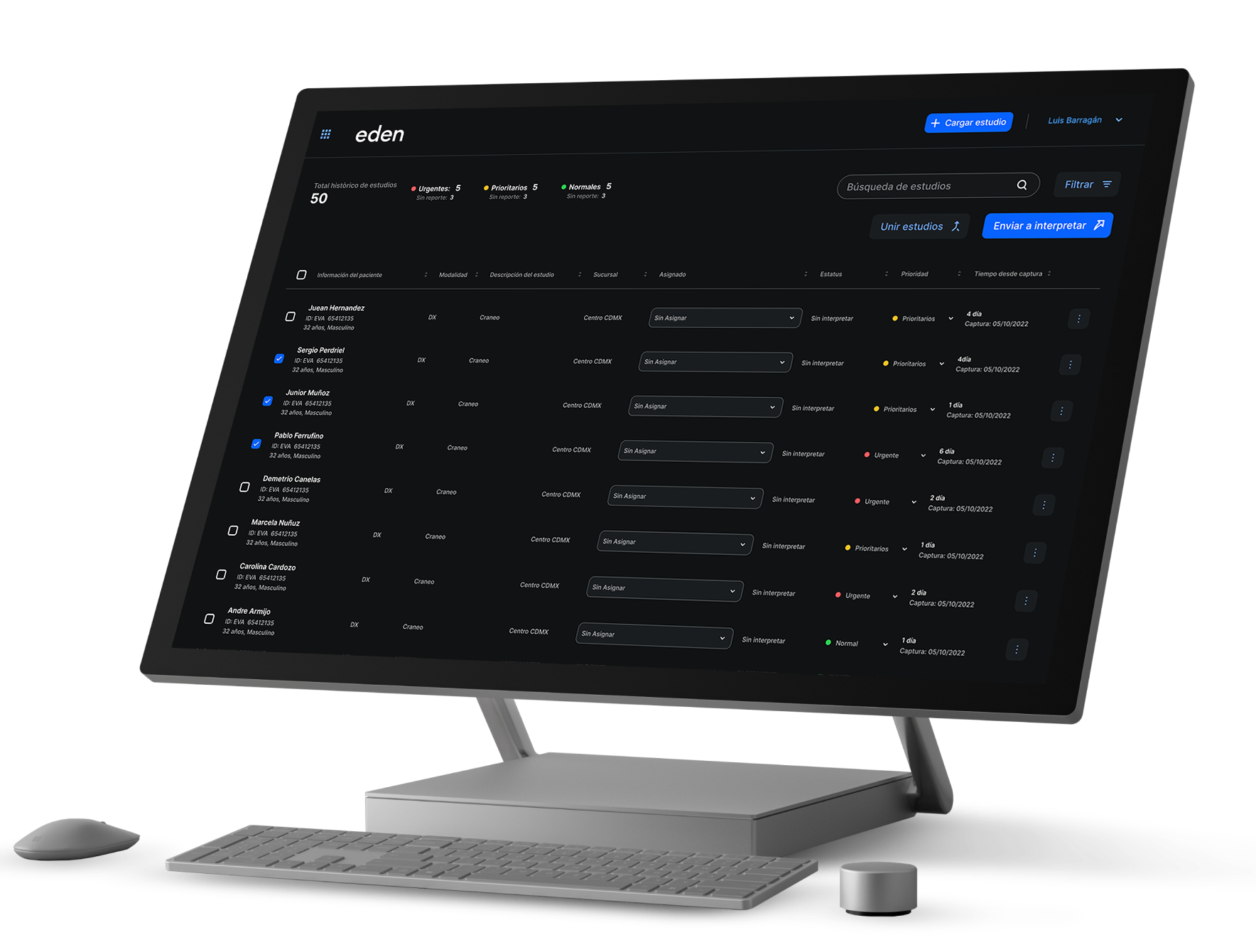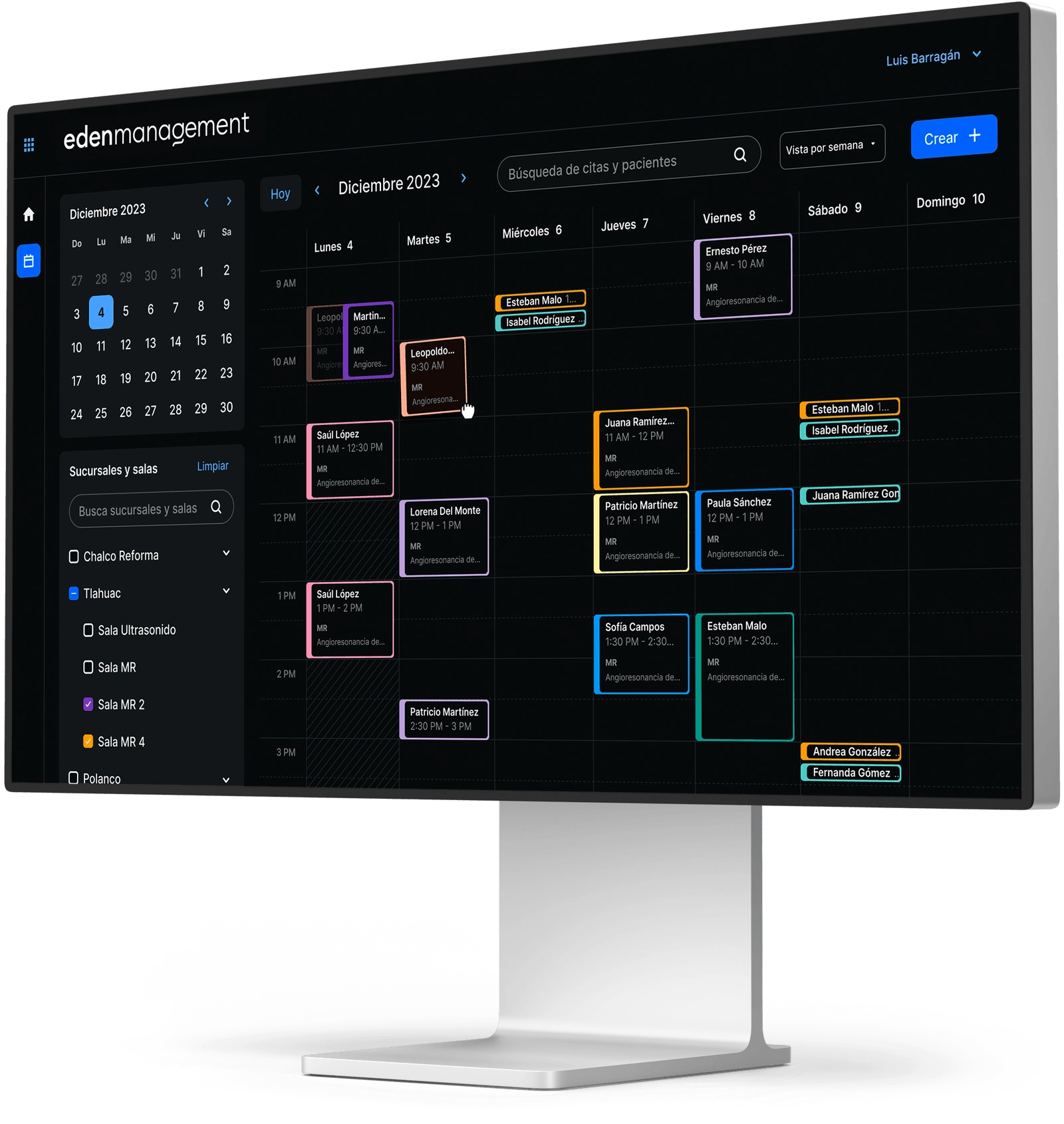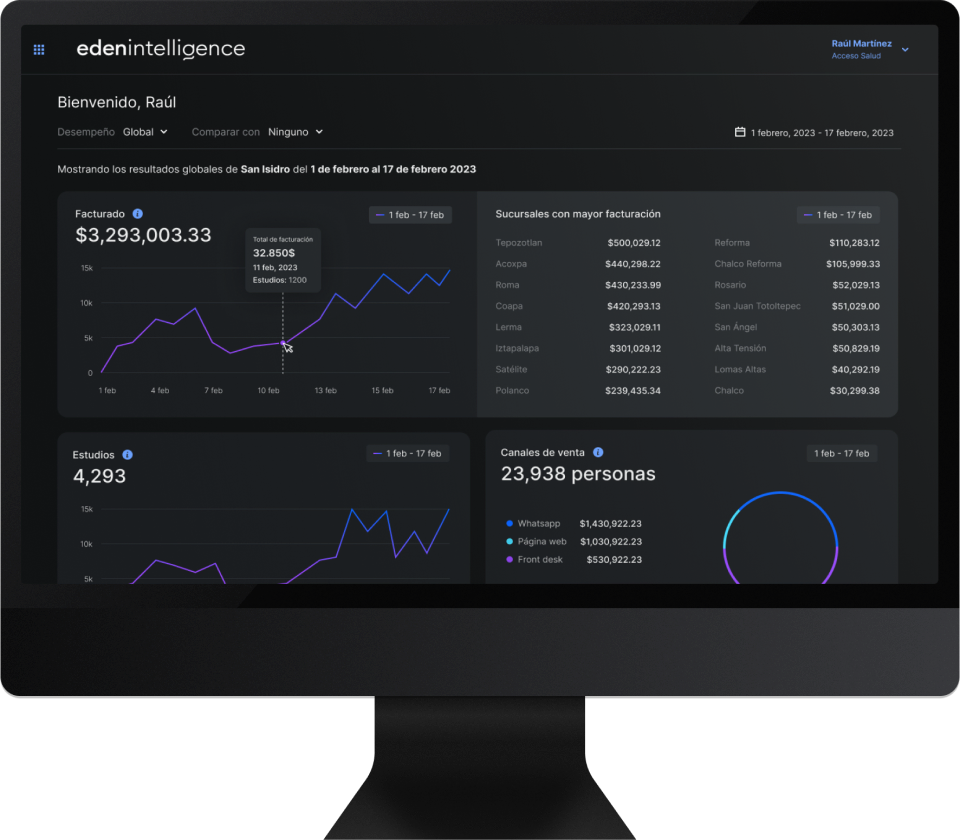Business intelligence (BI) is a technique used in business management to collect, analyze and present data to facilitate decision-making. In recent years, the use of business intelligence in the medical field has increased, and many doctors have discovered the benefits of implementing BI solutions in their practices. In this article, we'll look at how business intelligence can be useful for doctors.
- Financial data analysis: Business intelligence can be used by doctors to analyze the financial data of their practices, including income and expenses. This will allow them to optimize their billing strategies and to identify areas for improvement in their practice.
- Monitoring practice performance: Business intelligence can also be used to track medical practice performance by evaluating the efficiency of its processes and identifying areas for improvement.
- Patient data analysis: Business intelligence can be used to analyze patient data, such as their medical records, treatments and outcomes. This can improve patient care and make more informed decisions about their health care.
- Pattern identification: Business intelligence can be used to identify patterns in patient data, which can help doctors identify potential health problems and prevent diseases.
- Quality of care monitoring: Business intelligence can be used to monitor the quality of medical care provided to patients. With this information, doctors improve the quality of care and identify improvements in their practice.
- Identifying growth opportunities: Business intelligence can be used to identify growth opportunities. Physicians can expand their practices or to offer new services.
- Identifying market trends: Business intelligence allows doctors to use information to make informed decisions about managing their practice and to keep up to date with the latest trends and advances in healthcare.
How Business Intelligence Is Transforming Healthcare: Informed Decision-Making and Improvements in Quality of Care
Business intelligence is a valuable tool for doctors. It can be used to analyze financial, patient and practice performance data, as well as to identify patterns, growth opportunities and market trends. By using business intelligence, doctors can make more informed decisions and improve the quality of the health care they provide to their patients.




















